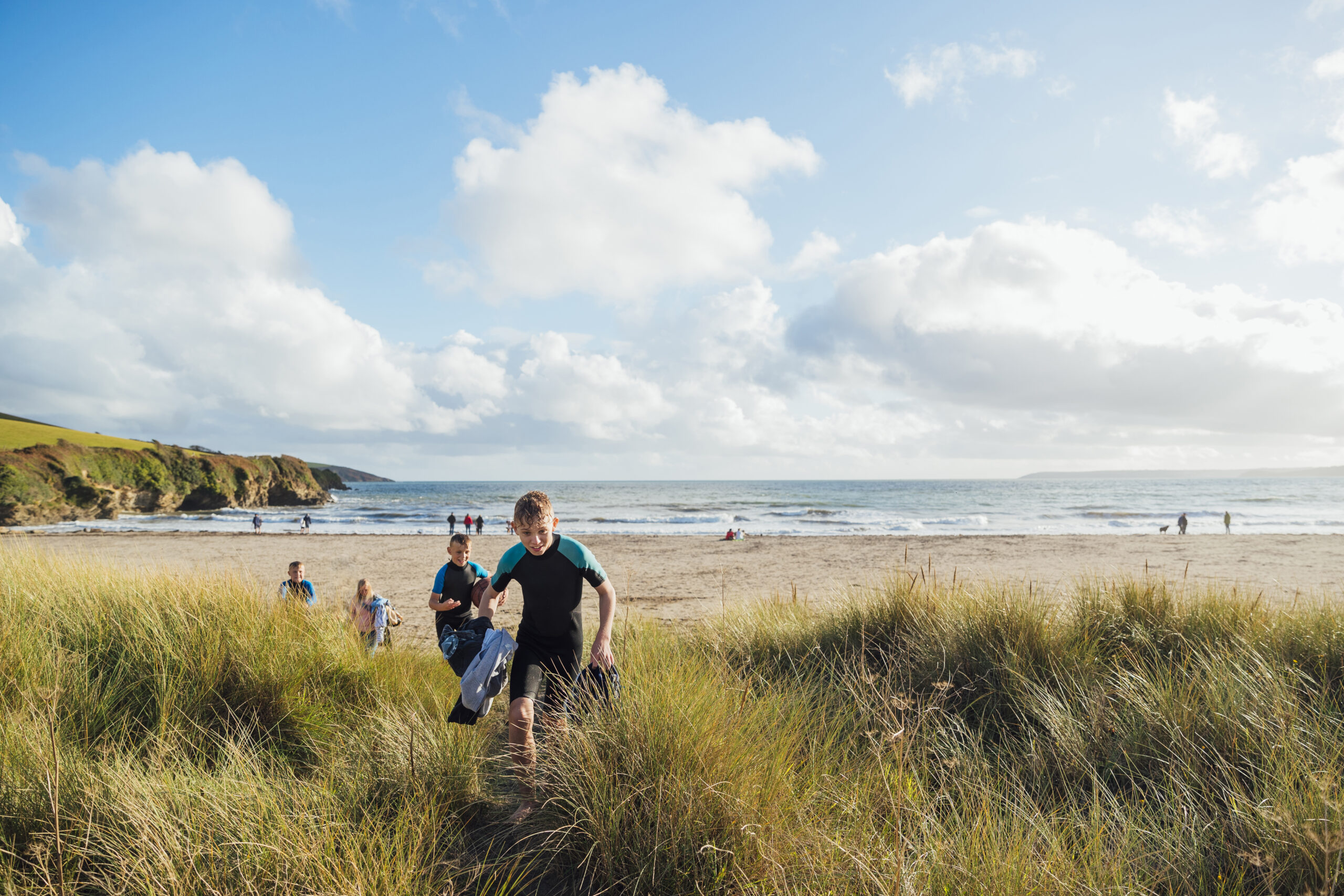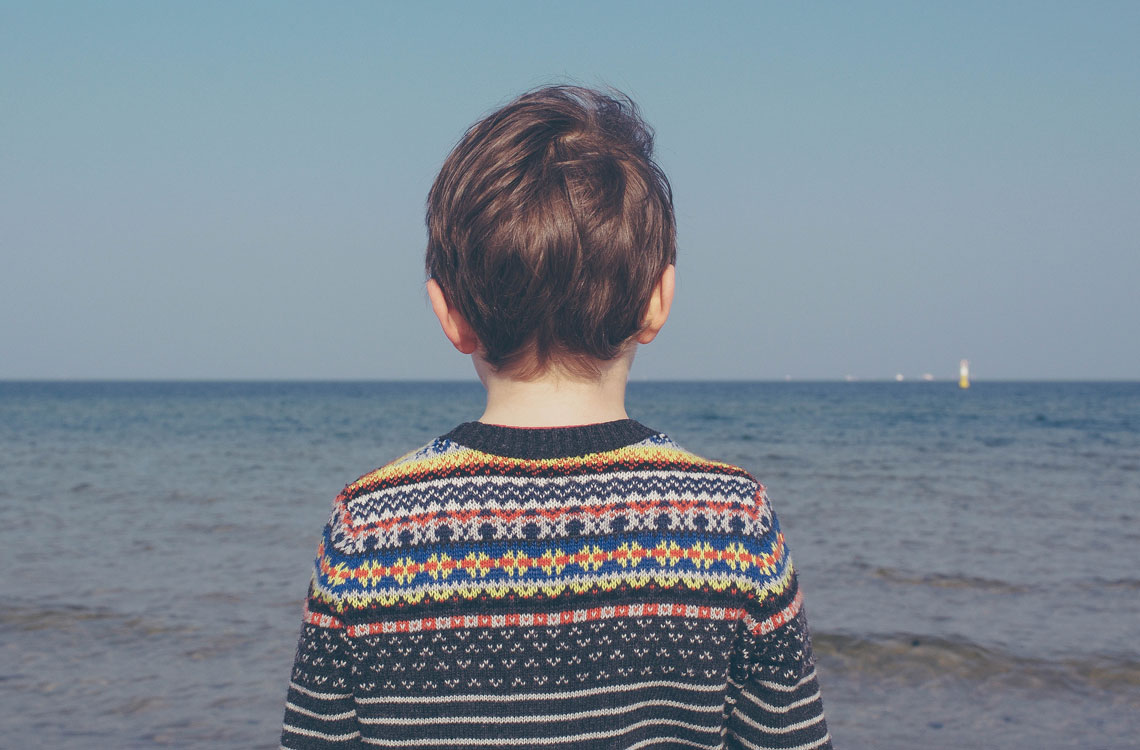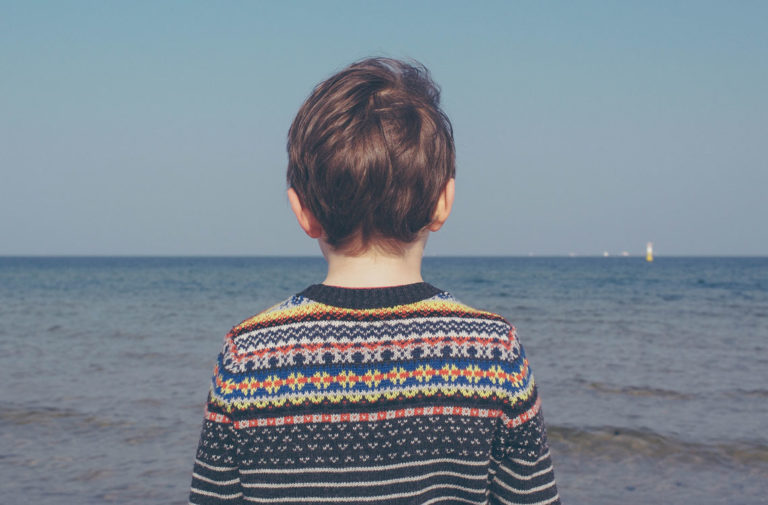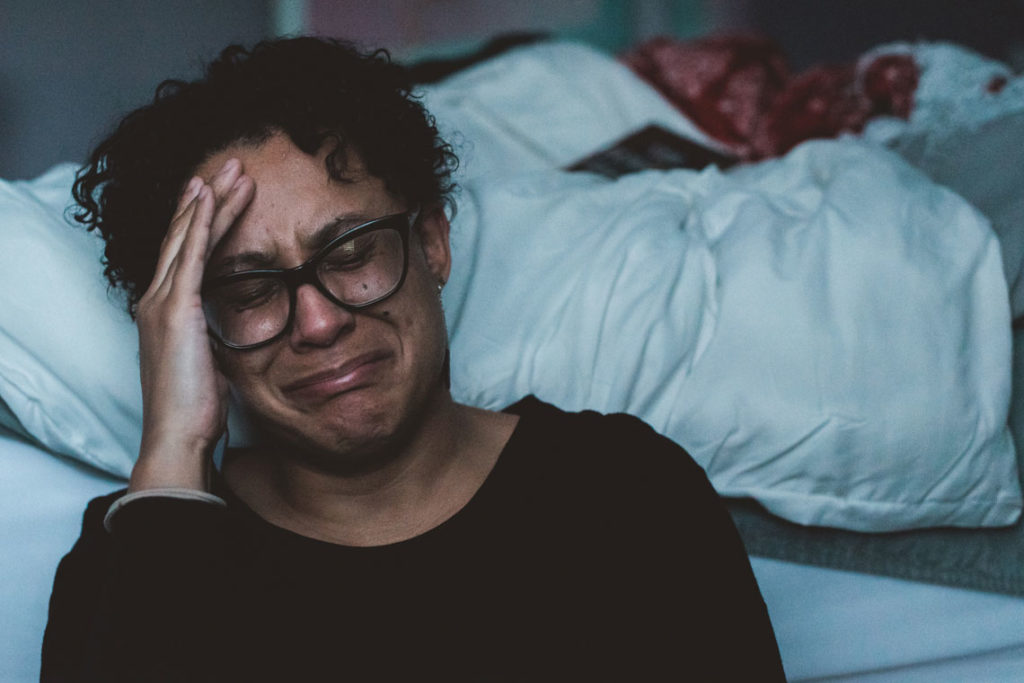
Summer Break, Silent Struggles: major increase in callers reporting physical and sexual abuse
The hidden dangers faced by children over the summer, including isolation, neglect and sexual and physical abuse
The Childline team are experiencing a significant increase in contacts now that the summer holidays are officially in full swing. The longer days and the break from the routine of school life has led to an increased risk of isolation, exposure to danger online, abuse and neglect.
The end of the academic year means that many children will lose connection with their friends from school and the support of the teachers around them. At school, they can be themselves without fearing the consequences. Consequences that include domestic violence, abuse, neglect and social isolation.
Childline staff and volunteers report that sexual abuse contacts have increased by 10% during the summer holidays, while reports of physical abuse have risen by 24% at the same time. There have been over 100 contacts for both sexual and physical abuse during the summer holidays.
Others who contact Childline also reveal concerns about food poverty, social isolation and financial issues.
Many of these children dread the summer and count the days to go back to school.
Abby*, a teenager, said that she hates being at home with her single mother who is an addict. She has become increasingly anxious as the summer term went on. School is a salvation for her, a place to escape for a few hours from the chaos of her home life and the constant male callers. It’s also a place where she gets regular meals and she knows that her teachers are looking out for her.
Jack*, whose parents have separated, dreads going on holidays with his mother’s new partner. He lives in fear that he will lose his temper and hit out at Jack and his younger sister.
For Jennifer*, the thought of months without her friends is devastating. She lives in the heart of rural Ireland and loves school and hates the isolation of her home. She is worried that her friends will move on without her and she’ll lose them.
Elizabeth Donlon Fox, National Childline Listening Coordinator, hears similar stories on a daily basis: “The lives of children and young people can be destroyed during what are meant to be happy, carefree summer days. Instead of enjoying the summer holidays, some children are living with isolation, fear, and neglect. It is horrifying to hear what so many children and young people have to endure. I was heartbroken when talking to Finn* who confided in me about the toll his emotionally abusive family takes on him. He says that he hates being at home. Unfortunately for many like Finn* summer is a time of heartbreak and not happiness.”
In order to continue to be there for every child who needs us, Childline needs your help. Donations to Childline can be the shield that protects them, the voice that listens, and the hand that holds theirs in the darkest times.
ISPCC offers support to children and young people at childline.ie and at 1 800 66 66 66.
*Names have been changed







